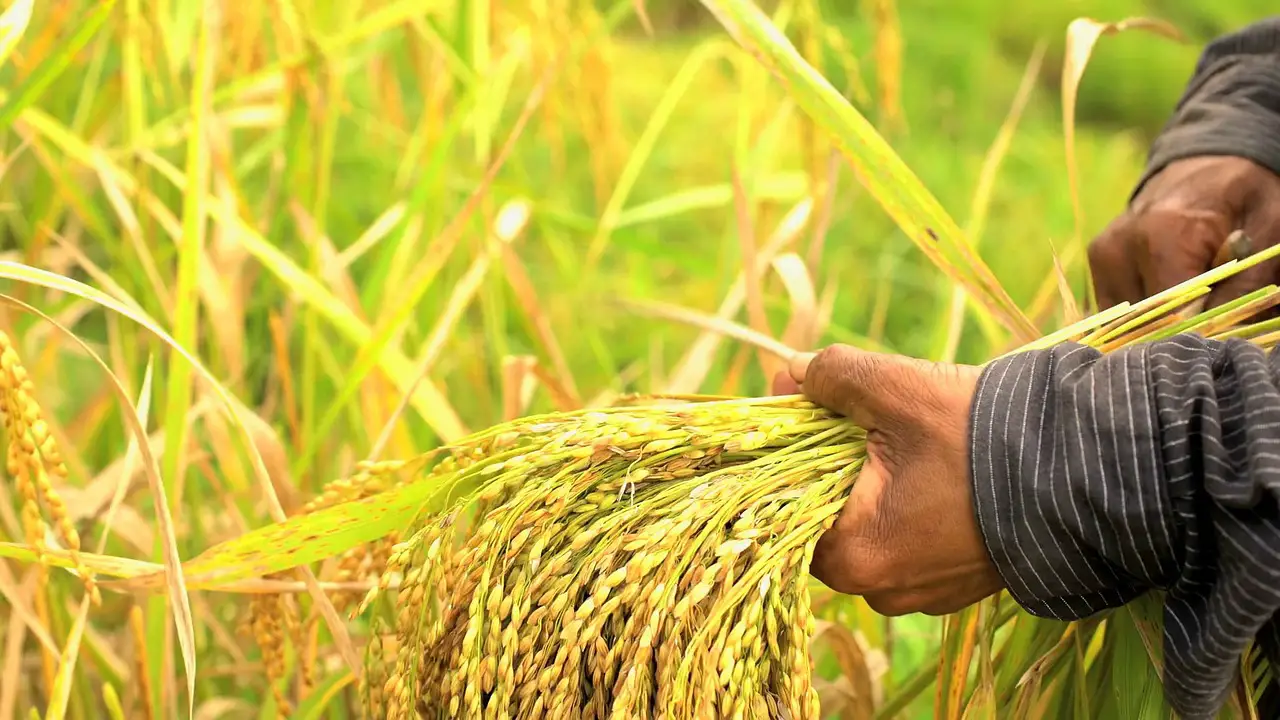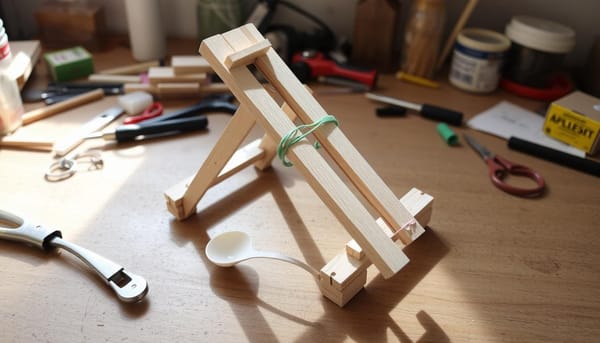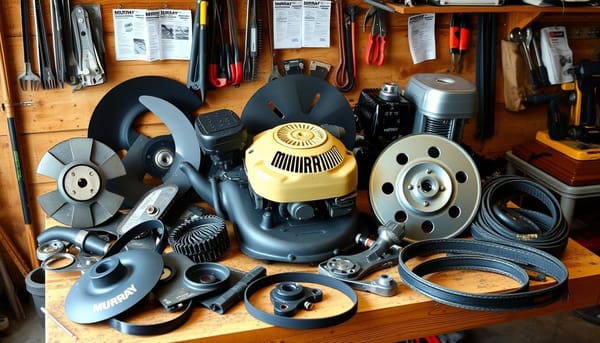Meet the Crops of the Future

Genetically Modified Organisms (GM or GMO) get a bad rap these days but for some their potential is invaluable. As the human population pushes for 9 billion in just a few decades we're struggling to figure out how to feed everyone. With such an increase in the human population projected and our current population, the focus has shifted on how we can feed all of those people and provide crops with adequate nutritional quality.
While the matter of feeding 8 or even 9 billion people should be approached by a comprehensive assessment of food security and production, including the realization that our food choices (meat, dairy, even wine!) are related to an overuse of water, land and grain and some serious brainstorming about more sustainable methods of agriculture, many are looking at the very genesis of food production.
Seeds are an important starting point for many farmers and scientists. It's not all about feeding the world, sometimes it's about ensuring that the plants produced have a high enough nutritional yield for potential consumers or making sure that farmers have to use less or no pesticides on their crops. With these issues in mind, it's not difficult to see why GMOs provide a significant alternative for farmers, scientists, and others.
Today's startup Plastomics is in the business of making a better seed. This biotechnology startup uses genetic engineering to develop high performing crops. The goal of Plastomics was to address recurring issues that have racked the minds of those in the GM industry.
Some of the most difficult things for the GM industry is ensuring that their crops can grow even with the threat of herbicide-resistant weeds and with insects and other pests. At the same time, it's important that these crops present a higher yield and better nutrition and quality than non-GMO crops. Plastomics' solution to these issues is something called chloroplast engineering. Remember chloroplast, which is only found in plant cells is the part of the plant cell that performs photosynthesis.
In very basic terms, chloroplast engineering means that the genetic material in the chloroplast of a plant cell can be altered, which offers a number of novel benefits for better crop production. Previous methods of genetic manipulation used nuclear transformation techniques (done in the nucleus of the cell) but chloroplast engineering is faster, more efficient and more reliable when it comes to introducing traits into crops.
YIELD IMPROVEMENTS THROUGH NEW TRAITS, EASY GENE STACKING, AND RAPID BREEDING - PLASTOMICS WILL DELIVERThis can all mean that it's also easier and faster to get modified plants on the market and to consumers. Plastomics offers attractive features to farmers. Their gene editing and site-directed integration processes make it easy for certain traits to be selected for crops. This means that crop yield can be increased based on focusing on certain traits like insect resistance or enhancing photosynthesis.
Plastomics also offers the ability to breed crops faster and because the trait expression and breeding times are more efficient. Though the technology is new, the Plastomics team has a long track record with more than 150 well-cited journal publications and an entire team devoted to chloroplast engineering.
Their CEO, Sharon Berberich has almost 30 years of experience in the plant biotech product development and licensing industry and their two founders, both with PhDs have been working in the industry for years as well. Dr. Jess Staub, the co-founder, and chief scientist is actually the co-inventor of the chloroplast genetic engineering process.
At the beginning of this year the venture development firm, TechAccel made an investment of an undisclosed amount in Plastomics. This is apart of a longer trend of support offered to Plastomics, with Yield Lab and BioGenerator acting as seed-round investors previously.
In the end for farmers and funders, Plastomics can mean that crops produce higher quality and quantity yields which is good news for our mission to feed the growing population, however, there is some doubt. The doubt isn't with Plastomics, as their team is experienced and well-versed in chloroplast engineering, but rather with GMOs themselves. Sharon Berberich, CEO of Plastomics also used to be an executive at Monsanto, a company that has aroused public mistrust and a string of protests.
There has also been a concern, though large, scientific studies have proven them safe, that GMOs are dangerous for consumption. Some are also quick to point out that changing our eating habits and creating more sustainable farming techniques may be the answer to some of our common frustrations when it comes to crop yields and not just building a "better seed."
Either way, Plastomics if anything is creating a solution for the woes of farmers everywhere, which is part of solving our food problem. I'm hopeful that in the future our food problems and the solutions we come up with for them (including GMOs) will receive more comprehensive and independent assessments.
plastomics.com
Fyxes
Thoughts, stories and ideas.




